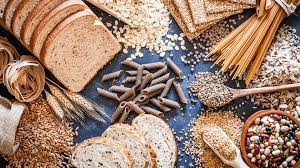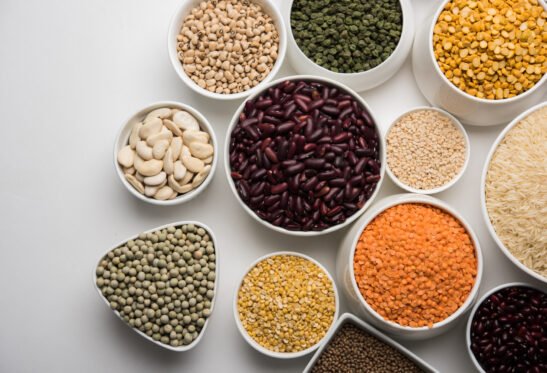Gluten is a buzzword in the world of nutrition, but what exactly is it? This article aims to demystify gluten by exploring its definition, sources, and its role in health, particularly for those with gluten-related conditions.
Section 1: Understanding Gluten
**1. Defining Gluten: Overview: Learn that gluten is a protein naturally occurring in certain grains, serving as a structural component that gives elasticity to dough.
**2. Gluten-Containing Grains: Overview: Explore common grains that contain gluten, including wheat, barley, rye, and their derivatives.
Section 2: The Role of Gluten in Health
**1. Gluten Sensitivity: Overview: Understand that some individuals experience non-celiac gluten sensitivity, exhibiting symptoms when consuming gluten, but without the immune response seen in celiac disease.
**2. Celiac Disease: Overview: Explore celiac disease, an autoimmune disorder triggered by gluten consumption, leading to intestinal damage and various symptoms.
**3. Wheat Allergy: Overview: Learn about wheat allergy, which involves an allergic response to wheat proteins, including gluten.
Section 3: Gluten-Free Diet Considerations
**1. Gluten-Free Diet: Overview: Discover how a gluten-free diet is crucial for those with celiac disease, wheat allergy, or non-celiac gluten sensitivity.
**2. Gluten-Free Foods: Overview: Explore naturally gluten-free foods, such as fruits, vegetables, lean proteins, and certain grains like rice and quinoa.
**3. Gluten-Free Labeling: Overview: Understand gluten-free labeling regulations and the importance of reading ingredient lists for packaged foods.
Section 4: Misconceptions About Gluten
**1. Gluten and Weight Loss: Overview: Clarify the misconception that a gluten-free diet is a guaranteed route to weight loss and explore the potential pitfalls.
**2. Gluten-Free Junk Foods: Overview: Discuss the availability of gluten-free junk foods and the importance of focusing on whole, nutrient-dense options.
Section 5: Balancing Gluten and Health
**1. Balancing Gluten Consumption: Overview: Recognize that for individuals without gluten-related conditions, balanced consumption of whole grains can be part of a healthy diet.
**2. Consulting Professionals: Overview: Emphasize the significance of seeking medical guidance and diagnosis before making dietary changes related to gluten.
Conclusion: Gluten is a protein found in certain grains that can significantly impact the health of individuals with gluten-related conditions. While avoiding gluten is crucial for those with celiac disease, wheat allergy, or gluten sensitivity, it’s equally important to approach dietary changes thoughtfully, considering nutritional needs and consulting healthcare professionals when needed.
FAQs: Q1: Is gluten harmful for everyone? A: Gluten is not harmful for everyone. It is only problematic for individuals with celiac disease, wheat allergy, or non-celiac gluten sensitivity.
Q2: Can gluten sensitivity develop later in life? A: Yes, gluten sensitivity can develop at any age, even if you’ve consumed gluten without issues in the past.
Q3: Are oats gluten-free? A: Oats themselves are gluten-free, but cross-contamination during processing can introduce gluten. Look for certified gluten-free oats if you have celiac disease or sensitivity.
Q4: Can gluten cause digestive issues in individuals without celiac disease? A: Some people may experience digestive discomfort after consuming gluten-containing foods, but this is not the same as the immune response seen in celiac disease.








